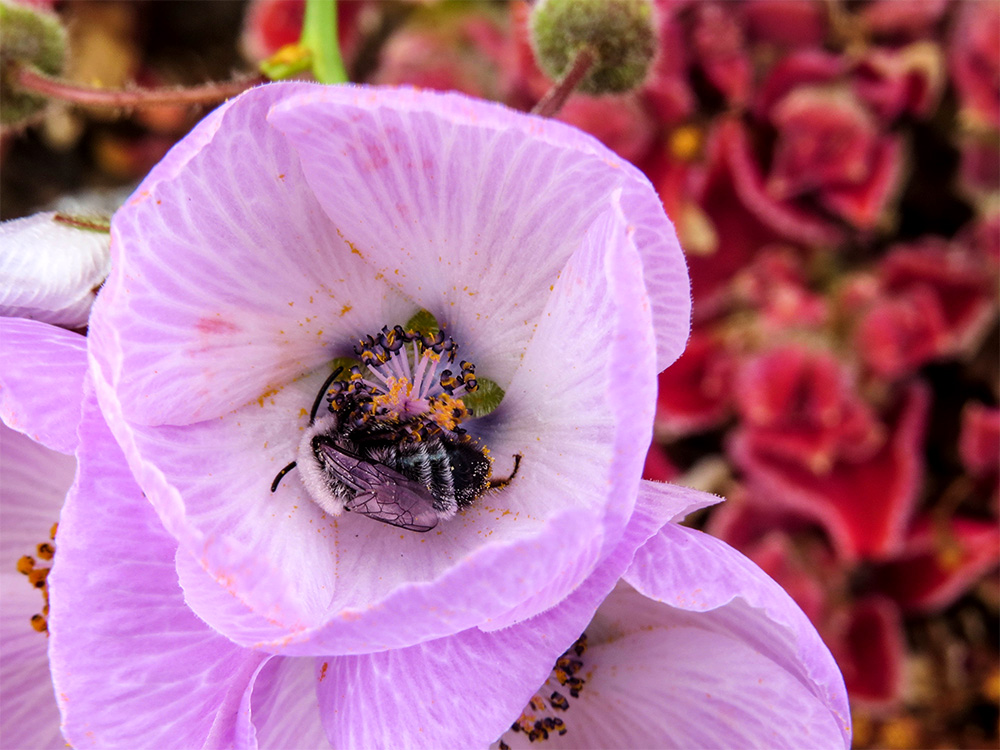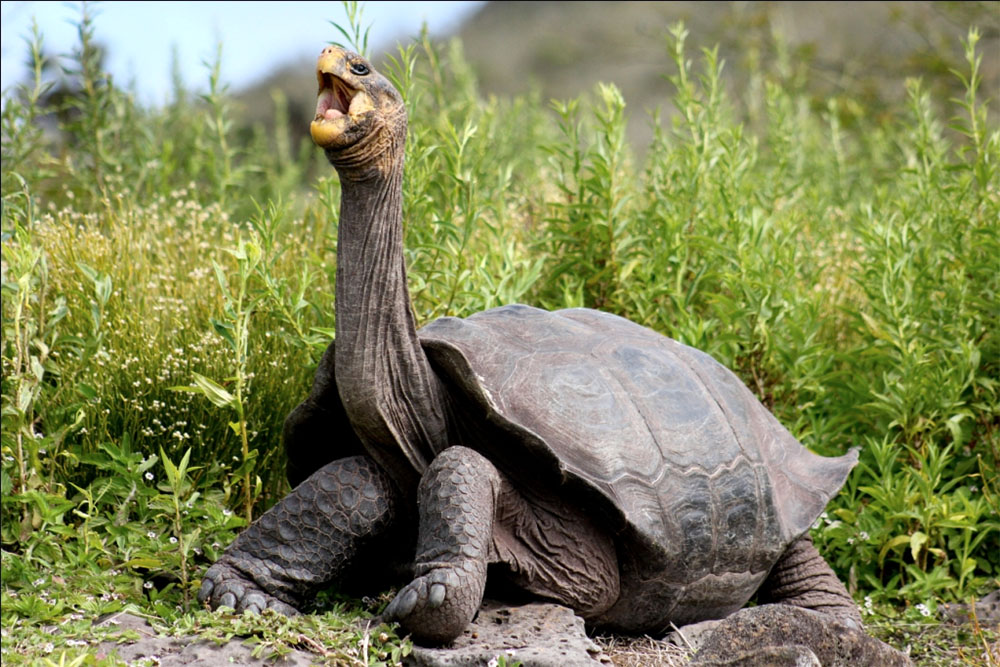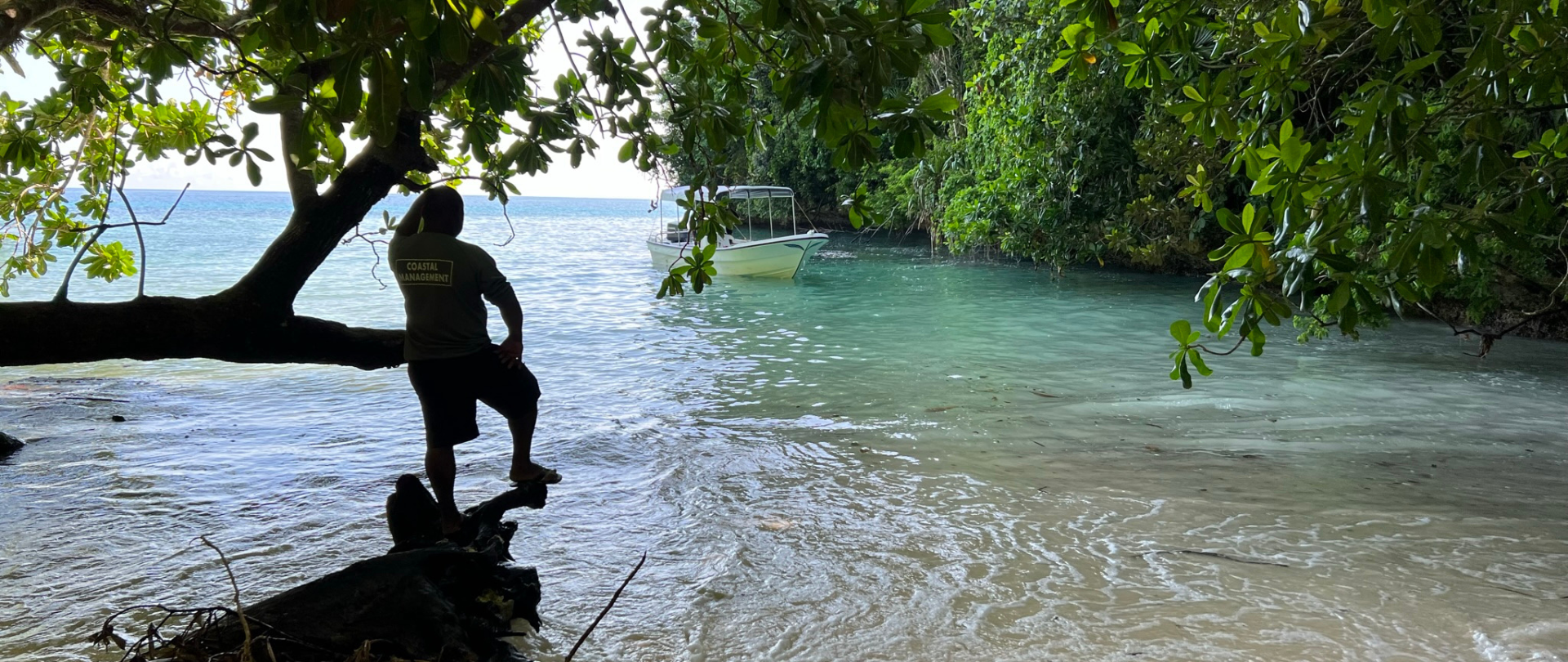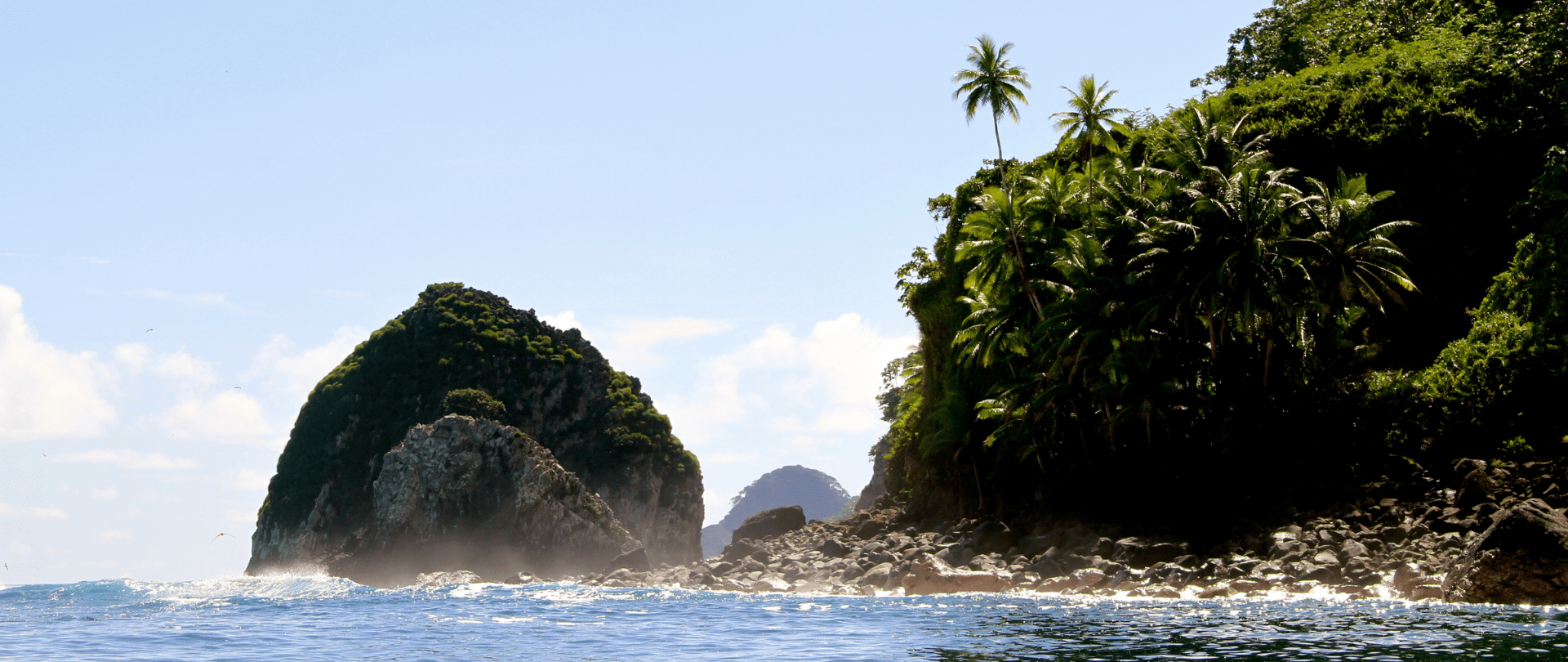October 29, 2025
Data Shows Endangered Palau Ground Doves Swiftly Recovering After Successful Palauan Island Conservation Effort
Astounding evidence of recovery on Ulong Island in Palau after just one year!
Published on
May 17, 2018
Written by
Emily Heber
Photo credit
Emily Heber

Biological diversity, or biodiversity, refers to the variety of life on earth–every individual organism, species, and kingdom, from the smallest spec of bacteria to the enormous whales in our oceans, found at any ecological or geographic scale.
The presence of a variety of species of functional groups (species that share characteristics within a community) including animals, plants, and microbes typically helps maintain ecosystem resilience, the ability of ecosystems to adapt to change. Ecosystem resilience is especially important in the face of increasing threats due to climate change. Biodiversity also provides humans with vital ecosystem services that would be lost without the species and ecosystem dynamics that make our lives possible. Ecosystems provide people with resources, from food to groundbreaking medical discoveries to climate stability. For example, if humans eliminate pollinator species such as bees, then the plants that rely on bees for pollination would not be able to create the foods that we as a society rely upon. The Convention of Biodiversity explains:
At least 40 percent of the world’s economy and 80 percent of the needs of the poor are derived from biological resources. In addition, the richer the diversity of life, the greater the opportunity for medical discoveries, economic development, and adaptive responses to such new challenges as climate change.

Ecosystems around the world are vital to the health of the planet and even losing one species can significantly alter natural balances.
Islands are often considered biodiversity hotspots due to the variety of species that have evolved to thrive on these remote pieces of land. On island chains such as Hawai’i and the Galápagos, species have been shaped by the unique features of island living and host a more diverse group of species relative to the land area when compared to continental ecosystems. The features of island living have led to a high number of endemic species, meaning these species are found nowhere else in the world. Island species have often never evolved alongside introduced predators, such as domestic cats, black rats, or house mice, and are not adapted to predation by these species.

Jennifer Kahn, a journalist for the New York Times explained:
Faced with these cosmopolitan arrivals, island species can seem like the wildlife equivalent of a naïve Midwesterner asking a guy in Times Square to hold his wallet.
On Midway Atoll the introduction of mice threatens nesting seabirds, including the largest colony of Laysan Albatross in the world. These albatross have evolved without the threat of mammalian predators on the island, and while nesting, they simply stay put to incubate their eggs even as invasive mice prey on them. Many species such as the Laysan Albatross are considered to be “evolutionarily naïve” since they have not evolved any defense mechanisms to avoid these kinds of predators and are therefore left susceptible.

This naïveté leaves native and endemic island species exposed to a serious threat without the defense mechanisms necessary to protect themselves. Research has shown that islands host nearly half of the world’s most highly threatened birds, amphibians, mammals, and reptiles, and 75% of recorded extinctions of species from these groups. Without intervention to protect islands, more island species will face the same deadly risks. Luckily, there is a solution.
Protect biodiversity
Biological diversity plays an important role in our everyday lives and impacts food and water resources as well as the future of medical discoveries. Making sure a wide diversity of life continues to thrive on Earth is essential for a bright future for the planet and ourselves.
Although global biodiversity is threatened on the whole, islands have been especially hard hit by threats such as invasive species, which alter ecosystem dynamics and harm biodiversity. Indeed, islands are home to 41% of the Earth’s highly threatened animals, and preventing extinctions of their native species is possible. Conservation interventions on islands to remove the threat of invasive species have proven successful hundreds of times. We have the solution and we can prevent extinctions. Dr. Dena Spatz, Conservation Biologist at Island Conservation said:
The opportunities to prevent extinctions are now laid out right in front of us. This knowledge base of threatened island biodiversity can really empower more efficient and better-informed conservation planning efforts, which is exactly what our planet needs right now.
Featured photo: Black Oystercatcher chicks on Hawadax Island. Credit: Island Conservation
Sources:
Global Issues
National Geographic
National Wildlife Federation
Conservation for All
Encyclopedia of Islands
Check out other journal entries we think you might be interested in.

October 29, 2025
Astounding evidence of recovery on Ulong Island in Palau after just one year!

May 19, 2025
Read our position paper on The 3rd United Nations Ocean Conference (UNOC 3) to see why we're attending and what we aim to accomplish!

December 4, 2024
Ann Singeo, founder of our partner organization the Ebiil Society, shares her vision for a thriving Palau and a flourishing world of indigenous science!

November 22, 2024
This historic agreement aims to protect the marine and coastal areas of the Southeast Pacific.

November 18, 2024
Our projects to restore key islets in Nukufetau Atoll forecast climate resilience and community benefits in Tuvalu!

November 5, 2024
Island Conservation attended the 16th meeting of the Conference of the Parties to the Convention on Biological Diversity!

October 3, 2024
Island Conservation and partners have published a new paper quantifying ecosystem resilience on restored islands!

September 10, 2024
Climate Week NYC: what is it and why is it important? Read on to find out why Island Conservation is attending this amazing event!

September 5, 2024
With sea levels on the rise, how are the coastlines of islands transforming? Read on to find out how dynamic islands really are!

December 14, 2023
Join us in celebrating the most amazing sights from around the world by checking out these fantastic conservation photos!